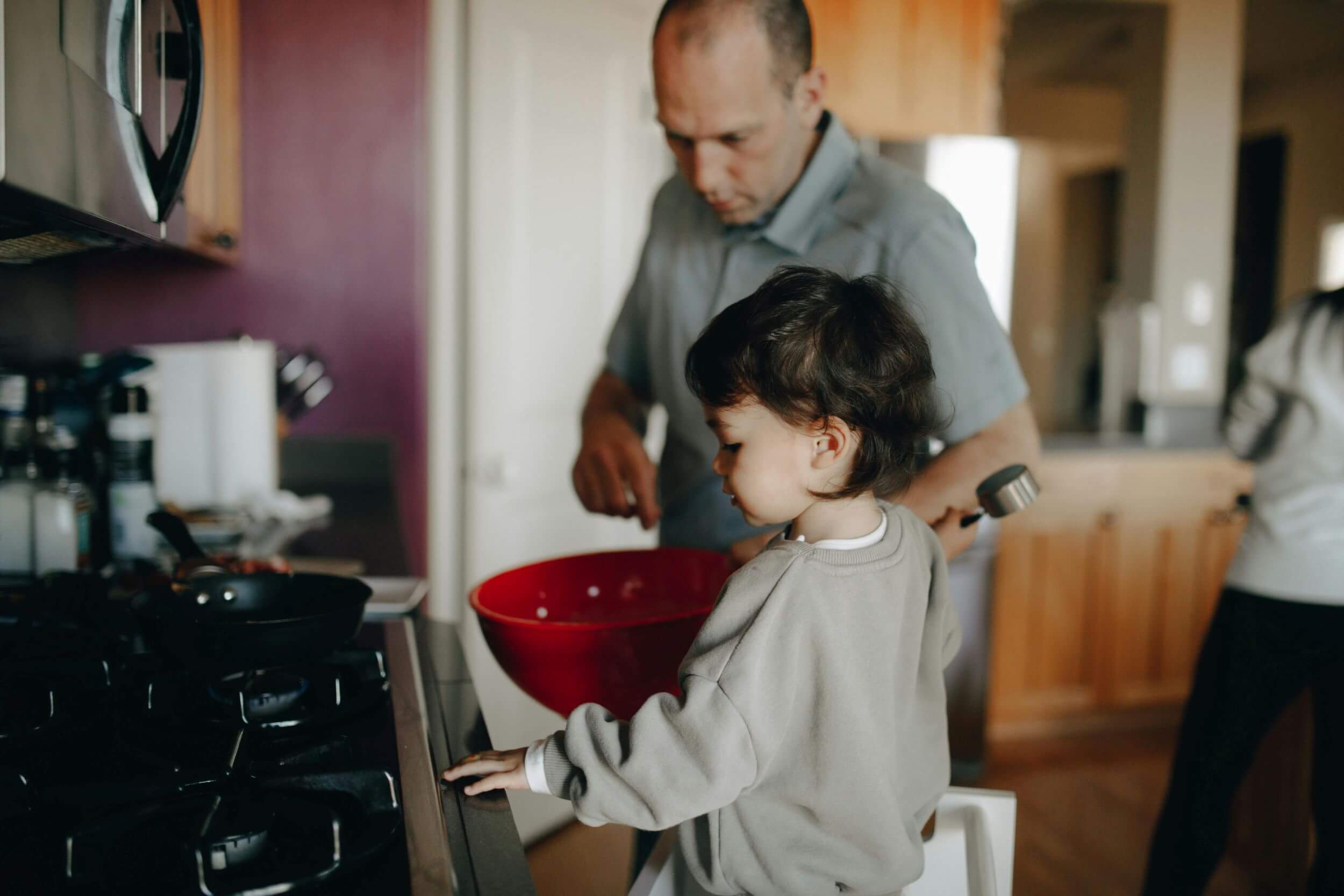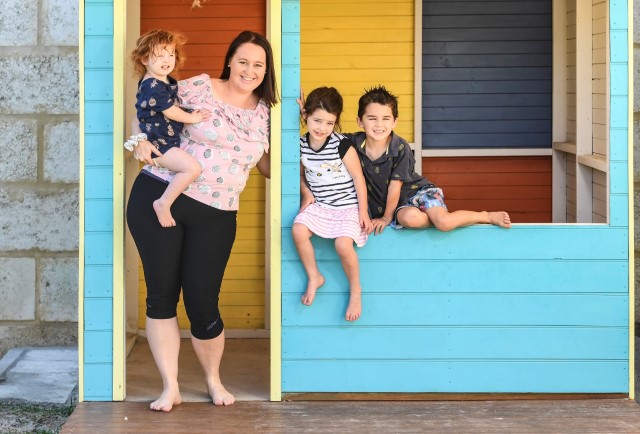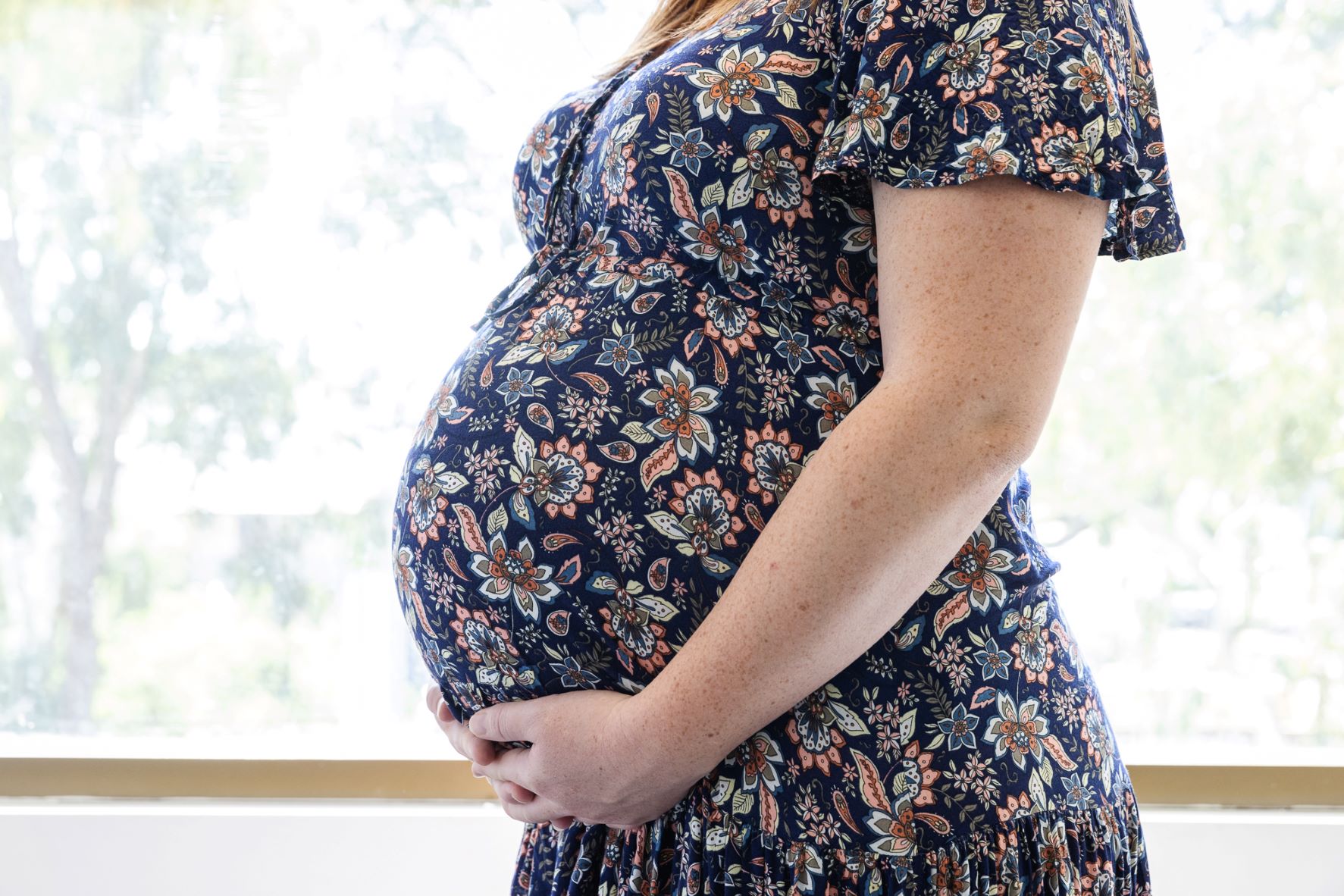Search

This project aims to investigate the impact of a non-severe burn injury on children's health for life.

Determining the associations of sun exposure in early life on the development of non-communicable diseases.

The ORIGINS Community Wellbeing during COVID-19 Project is investigating the impact of the COVID-19 pandemic on emotional wellbeing, family functioning and perceived stress on families.

Pregnancy Lifestyle Activity and Nutrition (PLAN)

SYMBA is promoting gut health (symbiosis) with prebiotic fibre taken during pregnancy for prevention of allergic disease.

News & Events
Oscar Hogan - How my brother living with T1D influenced my careerWe spoke to Oscar and asked him to share his story about the challenges he faces when trying to support his brother, joining the Centre as a student and what T1D research means to him, his brother and his family.

News & Events
Launching T1D Sports Resources (take PART)First-of-its-kind T1D sports resources have been designed to help coaches better understand the chronic condition and to encourage youth living with T1D to stay physically active.

News & Events
Research Intern SpotlightAlice Lafana is one of our Research Interns who is currently studying her Masters of Public Health at the University of WA, and interning with the Mental Health team.

News & Events
DiabHQ is on the wayOver the coming months, WA children living with diabetes will be given the opportunity to participate in DiabHQ, an innovative new data platform.

News & Events
Researcher Spotlight K-Lynn SmithK-Lynn Smith is a Research Fellow at the Australian Institute of Health Innovation and Partnership Centre for Health Systems Sustainability at Macquarie University NSW.
